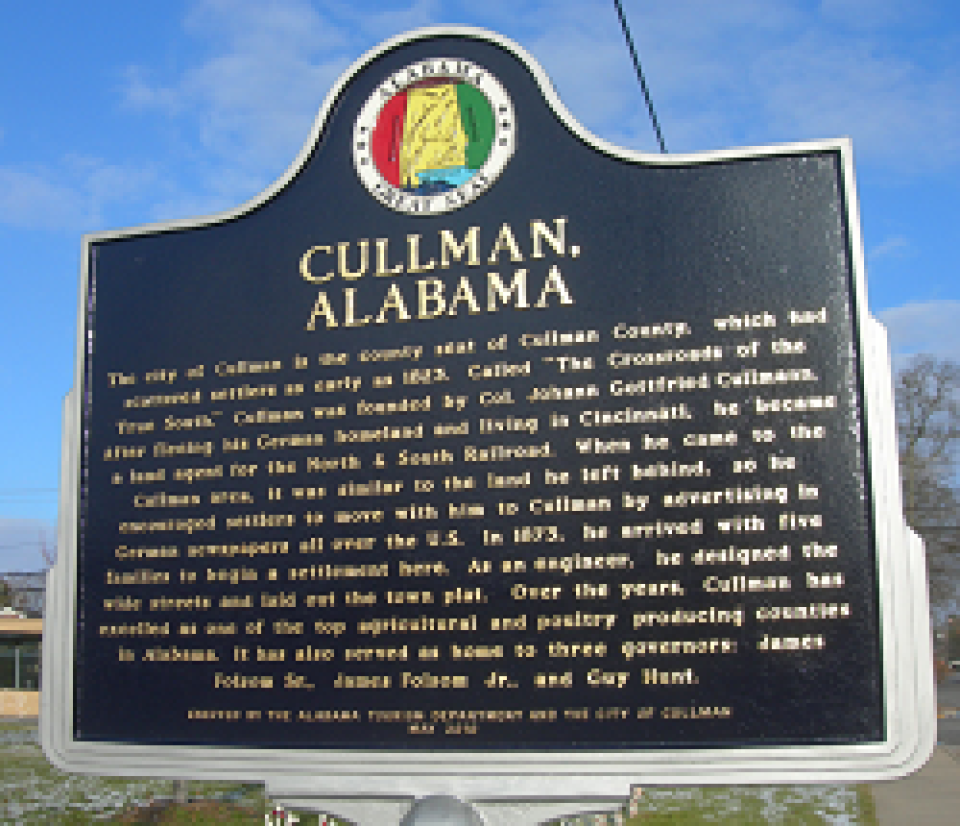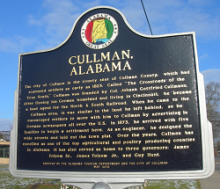
Fast, affordable Internet access for all.

The Talladega Superspeedway isn’t the only place in Alabama showcasing blazing fast speeds. A little more than an hour north of the famed NASCAR venue, the Cullman Electric Cooperative is racing to build a new Fiber-to-the-Home (FTTH) network, bringing gig-speed Internet connectivity to the cooperative’s 44,000 member-owners spread out across Cullman, Winston, Morgan, and Lawrence counties in the north-central part of the state.
In June 2020, Cullman Electric Co-op officials waved the green flag, announcing the start of network construction for Sprout Fiber Internet. Seven months later, having hung 120 miles of the mainline fiber ring, Sprout Fiber’s first paying customer went online in Berlin, the first town in the cooperative’s service area to be connected to the fiber network.
“This truly is a historic moment, much like when the first residents in the region received electricity. This technology carries the same potential to improve the quality of life for our members,” Cullman Electric Cooperative CEO Tim Culpepper told The Cullman Times as the 85-year-old electric cooperative began connecting customers with a need for high-speed Internet service.
‘Crazy Fast’ Game Changer
Alabama State Representative Randall Shedd (R-Fairburn), who helped advance legislation allowing electric cooperatives to provide Internet services to its members, called Sprout Fiber “a game changer for our area, economically.”
At a cost of about $18 million, Phase I of construction will provide access to the network for 12,000 co-op members living in the Berlin, Eva Road, Fairview, and Holly Pond areas. Coming out the gate by connecting four customers a day and then ramping up to 40 customers per week, final installation for all customers in the Phase I area is slated to be completed by the end of this year or early 2022. When the work is done, the network will consist of 246 miles of 144-strand fiber connecting all of the co-op’s substations, with another 553 miles of secondary fiber to connect member homes.

“When you’re talking about doing 40 a week, that’s moving at a pretty good clip,” Culpepper said.
If Phase I is successful, Cullman Electric Co-op officials say, the Sprout Fiber network will be extended to the rest of the co-op’s service areas.
Better Service and Price, Minus the Profit Motive
Sprout is offering two residential Internet service packages: a “very fast” 300 Megabits per second (Mbps) symmetrical connection for $60 per month and a “crazy fast” 1 Gigabit per second (Gbps) symmetrical connection for $80 per month. Voice over IP (VoIP) service is available as an add-on.

Meanwhile, Spectrum offers a 400/20 Mbps connection for $70 a month and a 940/35 Mbps connection for $110 a month. Both of those prices are one-year promotional offers. It’s worth noting that Spectrum’s gigabit service often comes with a roughly $200 activation fee the company says is mandatory.
Neither Spectrum’s nor AT&T’s networks offer ubiquitous coverage, however, leaving the remainder of the region with poor satellite coverage or no connectivity option at all.
Cullman Electric Cooperative CEO Tim Culpepper referenced this reality in a letter to co-op members explaining why they are building the FTTH network: “all of us at the co-op live in Cullman and Winston counties, and are personally aware of slow speeds and no speeds.”
As Sprout’s first customers were being connected, Culpepper noted the key difference between the co-op’s incentive for providing Internet service and the incumbent providers:
We’re not in it to make a profit, we’re in it to provide services to our members and when we saw the need for high-speed Internet and we saw how crucial that was . . . we just felt like it was needed.
In the town of Berlin (pop. 2,200), the first to benefit from the new network, Mayor Patrick Bates said not only does he expect Sprout’s community-based customer service to be superior, “there’s a lot to be said for keeping that money local,” he added.


